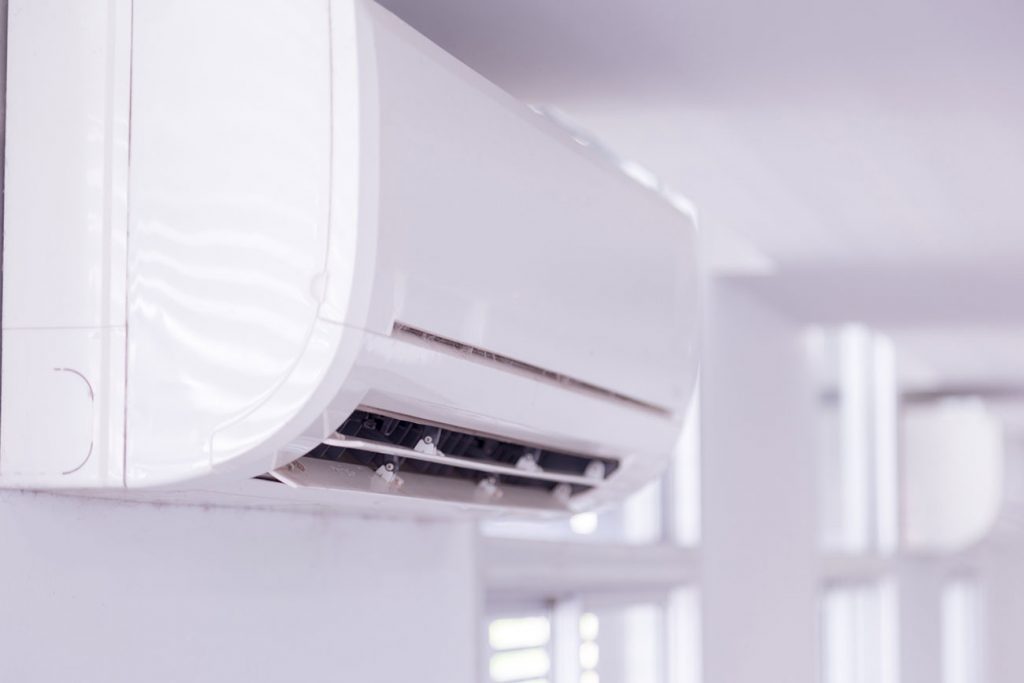One of the most common problems we might have with our air conditioning units is water leakage, which is a result of a lack of proper maintenance. This problem affects many homeowners, especially during summer, when temperatures start to rise, and our ac unit works for longer periods of time. There are many different situations that may cause our units to leak, and these are some of the most common ones.
To begin with, one of the main causes of water leakage is due to a clogged condensate drain line. The drain line is an important part of your AC unit since this is where the condensation on the AC coil drips, leading to your home. Drain lines can get clogged with dust, dirt, mold, or sludge, making water leak from your unit. The best way to unclog a drain line is by having a professional coming to our house and clean the dirt with a special vacuum that will suck the material out.
Old AC units are more prone to water leakages, especially when we don’t give them the proper care and maintenance. If we have a unit older than 12 to 15 years that is showing consistent or constant leaking, chances are drain pain is damaged or that is has rusted through already. If any of these were the case, we would need to replace the pan in order to stop water from falling through.
If we have our furnace and indoor AC unit installed in the basement of our house or building, this equipment comes with a condensate pump that is in charge of pumping the water outside of the unit. However, if this pump were to break, this would cause leaking as water would not be pumped anymore. If this happened to be the case, repairing or replacing the pump would be the only way to stop water from leaking into our home.
Air filters are another important part of any AC unit, as they are in charge of ensuring the smooth and proper functioning of our equipment. Air filters are designed to keep dust and dirt from building up on the AC coil. If the air filter is dirty, it will block airflow from reaching the evaporator coil, which will freeze as a result. Once the ice melts, it might generate more water than the AC pan can handle, causing water to leak into our home.
Last but not least, we must make sure we need to make sure our AC has enough refrigerant to ensure it is performing properly. Whenever our unit is running low on refrigerant, this will lower the pressure of the system, causing the coil to freeze and later melting and overflowing the drain pan with excessive water. Noticing this is not as hard as we might think, and we should pay attention when the AC is not cooling well or if we hear a hissing or bubbling noise coming from the unit.
